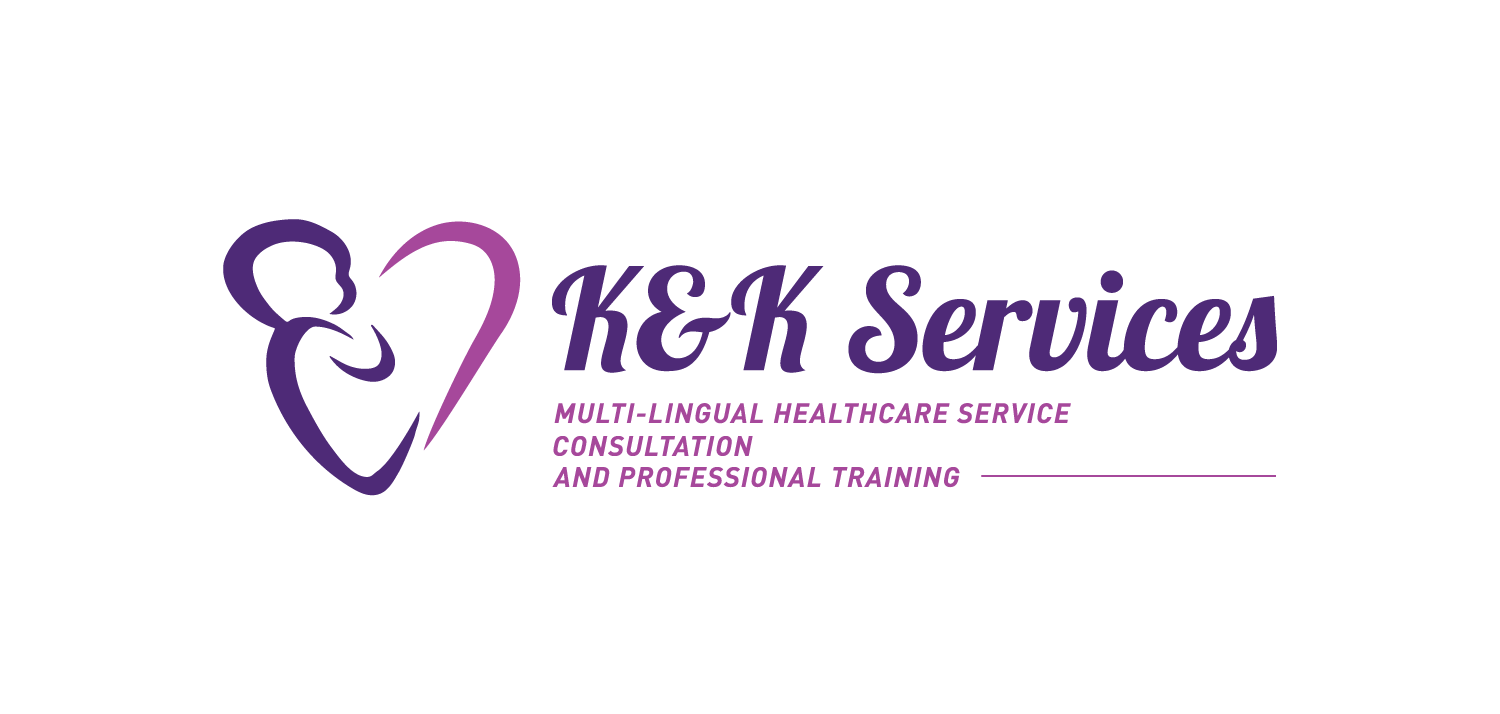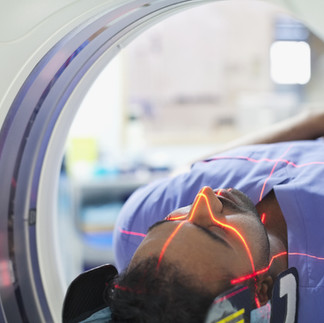
8/30/23- The Healing Power of Culinary Nutrition: Special Diets for Adults with Traumatic Brain Inju
- Dr. Kat Demps
- Aug 30, 2023
- 3 min read
Introduction
When it comes to healing and recovery, the role of nutrition cannot be underestimated. For adults dealing with Traumatic Brain Injury (TBI), dietary choices can play a significant role in their rehabilitation and overall well-being. Culinary nutrition, a field that focuses on the therapeutic use of food, holds immense potential in identifying special healthcare needs diets for TBI patients. In this blog post, we will explore the crucial role of culinary nutrition in supporting adults with TBI.
Understanding Traumatic Brain Injury
Traumatic Brain Injury occurs when a sudden physical assault on the head or a force that penetrates the skull damages the brain. It can result from various incidents, such as accidents, falls, or sports-related injuries. TBI often leads to a wide range of physical, cognitive, and emotional challenges, making the recovery process complex and demanding. My mother suffered a TBI in 2015 and has since recovered: A Smartphone for Memory—and Lots of TLC
The Importance of Nutrition in TBI Recovery
Proper nutrition is fundamental to the healing process for TBI patients. Adequate nourishment can support brain function, help in repairing damaged tissues, and reduce inflammation, which is common after a brain injury. Culinary nutrition becomes particularly relevant in crafting specialized diets tailored to the unique needs of TBI patients.
Special Healthcare Needs Diets
1. Texture-Modified Diets: Some TBI patients may experience difficulty swallowing or chewing due to muscle weakness or coordination problems. In such cases, texture-modified diets are essential. These diets range from soft and pureed foods to thickened liquids, ensuring safe and comfortable consumption.
2. High-Protein Diets: Protein is crucial for tissue repair and muscle maintenance. TBI patients may benefit from high-protein diets to aid in the healing process and prevent muscle atrophy, especially during periods of immobility.
3. Antioxidant-Rich Diets: Oxidative stress and inflammation are common consequences of brain injury. Foods rich in antioxidants, such as berries, leafy greens, and nuts, can help reduce these effects and support brain health.
4. Omega-3 Fatty Acids: Omega-3 fatty acids found in fatty fish, flaxseeds, and walnuts have anti-inflammatory properties and are beneficial for cognitive function. Including these in the diet can promote brain healing and recovery.
5. Low-Sodium Diets: TBI patients may be at risk of developing high blood pressure, which can further complicate their condition. A low-sodium diet can help manage blood pressure and reduce the risk of secondary complications.
6. Balanced Nutrition: In all cases, a well-balanced diet is crucial. Adequate intake of carbohydrates, proteins, fats, vitamins, and minerals ensures that the body has the essential nutrients needed for healing and recovery.
The Role of Culinary Nutrition
Culinary nutrition professionals are uniquely equipped to create specialized diets that meet the dietary needs and preferences of TBI patients. They have the knowledge and skills to transform nutrient-rich ingredients into appetizing meals that support the healing process. Here's how culinary nutrition plays a vital role:
1. Customized Meal Plans: Culinary nutritionists can design personalized meal plans tailored to the specific nutritional requirements of TBI patients. This customization ensures that patients receive the nutrients they need while considering any dietary restrictions or allergies.
2. Texture Adaptation: Culinary experts can modify food textures to match the patient's ability to chew and swallow comfortably. This helps prevent choking and ensures that patients can enjoy their meals safely.
3. Recipe Development: Culinary nutritionists can create recipes that are both nutritious and delicious. They can incorporate brain-boosting ingredients like blueberries, avocados, and salmon into meals that are enjoyable for TBI patients.
4. Education and Support: These professionals can also educate patients and caregivers about the importance of nutrition in TBI recovery and provide ongoing support in making dietary choices that aid the healing process.
Conclusion
In the journey of recovery from Traumatic Brain Injury, the role of nutrition is undeniably critical. Culinary nutrition, with its focus on therapeutic food preparation, offers a holistic approach to addressing the dietary needs of TBI patients. From texture-modified diets to brain-boosting ingredients, culinary nutritionists are instrumental in crafting specialized healthcare needs diets that support healing and enhance the quality of life for adults with TBI. By harnessing the healing power of food, we can make significant strides in improving the outcomes and well-being of those affected by TBI.
For more information about culinary nutrition and special needs diets, be sure to follow us on Facebook or pick up your free dietary guide by visiting our website: Home | DrkatjohnsonKK Serv
Editors: Mr. Keith & Dr. Kat Demps
KLD Consulting




























Comments